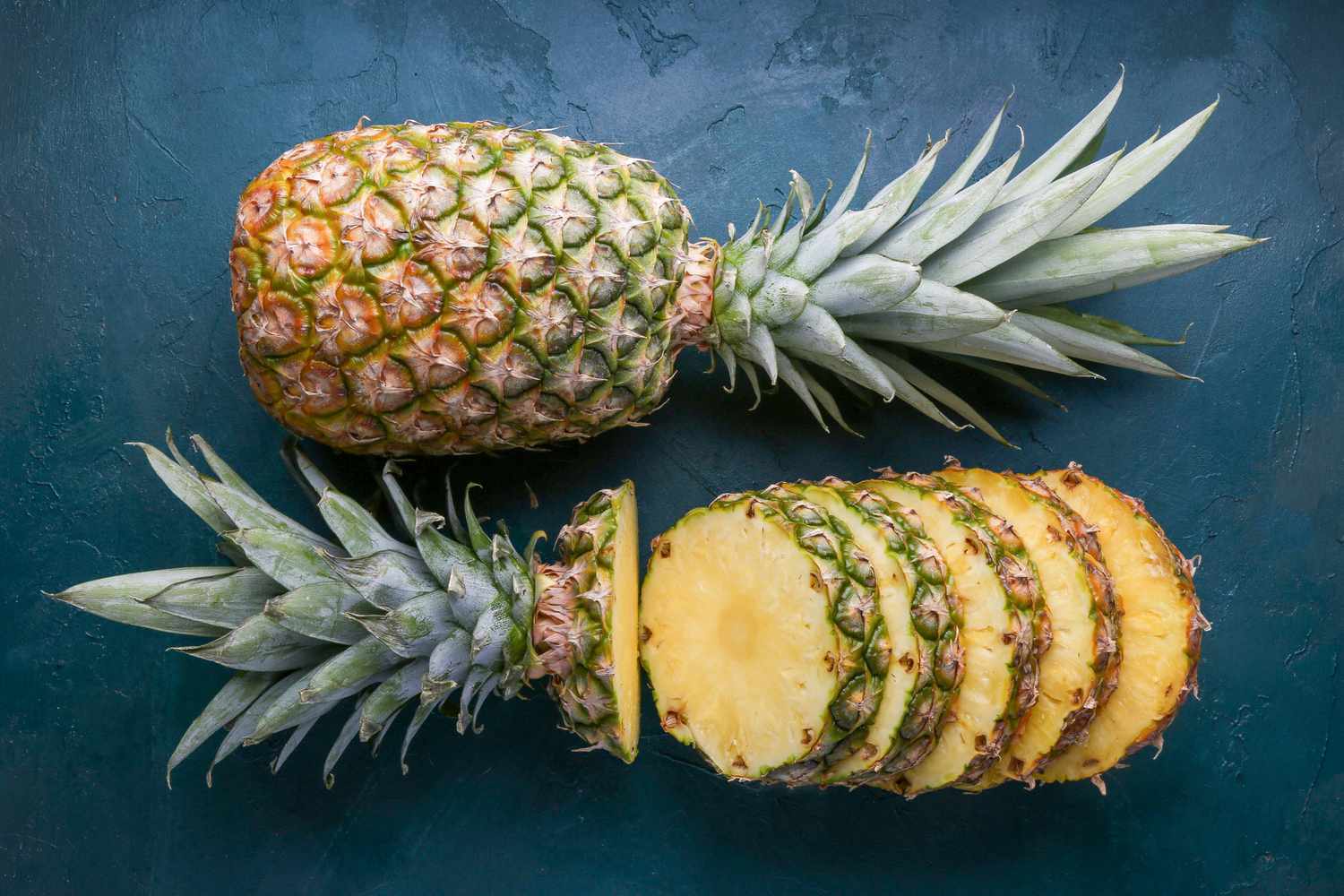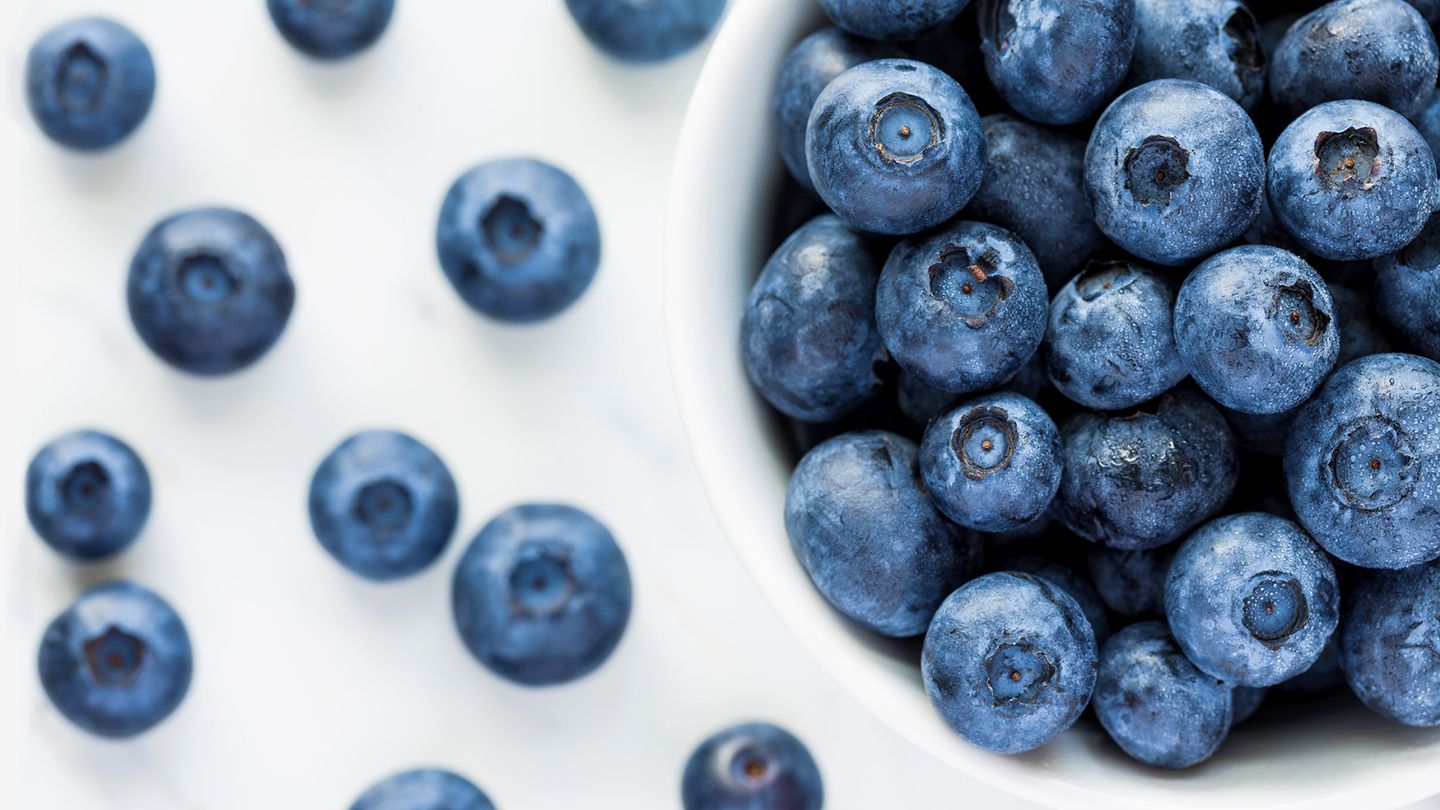Ad Blocker Detected
Our website is made possible by displaying online advertisements to our visitors. Please consider supporting us by disabling your ad blocker.
The jujube, scientifically known as Ziziphus jujuba, is a small, sweet fruit with a wealth of health benefits that have been cultivated and enjoyed for thousands of years. Often referred to as the “Chinese date” or “red date,” jujubes have a long history of use in traditional medicine and cuisine across Asia, the Middle East, and other regions. Beyond their delightful flavor, jujubes are packed with nutrients and bioactive compounds that contribute to their status as a superfood. In this article, we will explore the nutritional richness of jujubes, their potential health advantages, and their versatile culinary applications.
An Ancient Fruit with a Rich History
Jujubes have been cultivated for over 4,000 years in China and other parts of Asia. Their use dates back to ancient Chinese medicine, where they were prized for their medicinal properties. Over time, jujubes spread to the Middle East, Europe, and beyond, becoming a cherished fruit in various culinary traditions.
Nutritional Profile of Jujubes
A Nutrient-Packed Little Gem
Jujubes are celebrated not only for their sweet taste but also for their impressive nutritional content. Here’s a glimpse of the nutrients found in jujubes:
1. Vitamins
- Vitamin C: Jujubes are a good source of vitamin C, which supports immune health, skin regeneration, and wound healing.
- Vitamin B2 (Riboflavin): Involved in energy metabolism and the formation of red blood cells.
2. Minerals
- Iron: Essential for the formation of hemoglobin and oxygen transport in the blood.
- Phosphorus: Necessary for bone health, energy metabolism, and DNA synthesis.
- Calcium: Important for bone and dental health.
3. Dietary Fiber
- Soluble Fiber: Supports digestive health, stabilizes blood sugar levels, and helps lower cholesterol.
- Insoluble Fiber: Promotes regular bowel movements and prevents constipation.
4. Antioxidants
- Flavonoids: Jujubes contain various flavonoids, including quercetin and kaempferol, which have antioxidant and anti-inflammatory properties.
- Phenolic Compounds: These compounds contribute to the fruit’s antioxidant capacity.
5. Natural Sugars
- Sucrose: Provides the sweetness of jujubes.
Health Benefits of Jujubes
1. Digestive Health
- Dietary Fiber: The fiber in jujubes promotes digestive regularity, prevents constipation, and supports a healthy gut microbiome.
- Gastrointestinal Disorders: Jujubes have been traditionally used to alleviate digestive discomfort, such as indigestion and diarrhea.
2. Immune Support
- Vitamin C: Jujubes provide vitamin C, which enhances immune function and helps the body fight infections.
- Antioxidants: The antioxidants in jujubes contribute to overall health by reducing oxidative stress and supporting the immune system.
3. Liver Health
- Liver Protection: Compounds in jujubes, such as flavonoids and phenolic compounds, may have hepatoprotective effects, helping to safeguard the liver from damage.
4. Skin Health
- Vitamin C: Vitamin C in jujubes aids in skin regeneration, collagen production, and wound healing.
- Antioxidants: The antioxidants in jujubes help protect skin cells from oxidative damage, contributing to healthy and radiant skin.
5. Anxiety and Sleep
- Sedative Properties: Jujubes have traditionally been used in herbal medicine for their mild sedative effects, which may help reduce anxiety and improve sleep quality.
6. Blood Sugar Control
- Soluble Fiber: Soluble fiber in jujubes may help stabilize blood sugar levels and improve insulin sensitivity.
- Phenolic Compounds: Some phenolic compounds in jujubes have shown potential in managing diabetes.
7. Anticancer Potential
- Antioxidants: The antioxidants in jujubes may help protect cells from oxidative damage, reducing the risk of certain types of cancer.
- Phenolic Compounds: Some phenolic compounds found in jujubes have demonstrated anticancer properties in laboratory studies.
Culinary Uses of Jujubes
Jujubes are a versatile fruit that can be enjoyed in various culinary preparations, both fresh and dried. Here are some delightful ways to incorporate jujubes into your diet:
1. Fresh and Simple
- Fresh Jujubes: Enjoy fresh jujubes as a sweet and nutritious snack.
- Fruit Salad: Add diced jujubes to fruit salads for extra flavor and sweetness.
2. Dried Jujubes
- Snacking: Dried jujubes are a popular snack, offering a chewy texture and concentrated sweetness.
- Baking: Use dried jujubes in baked goods like muffins, cookies, and bread for a unique twist on traditional recipes.
3. Jujube Tea
- Jujube Tea: Brew tea using dried jujubes, which impart a sweet and soothing flavor. It is often consumed for its relaxation and sleep-inducing properties.
4. Jujube Preserves and Jams
- Jujube Preserves: Cook fresh or dried jujubes with sugar to create delicious preserves or jams, perfect for spreading on toast or using as a filling for pastries.
5. Traditional Chinese Medicine
- Herbal Medicine: In traditional Chinese medicine, jujubes are often used in herbal formulations to address various health concerns, including digestive issues and anxiety.
Jujube Varieties
There are several varieties of jujubes, each with its unique flavor and characteristics. Common jujube varieties include:
- Li Jujube: A popular variety known for its sweet and crisp fruit.
- Lang Jujube: Recognizable by its elongated shape and sweet flavor.
- Sherwood Jujube: Often considered one of the best-tasting varieties, it produces large and sweet fruits.
Conclusion
Jujubes, with their sweet flavor and impressive nutritional profile, are a remarkable fruit that offers a wide range of health benefits. Whether you’re enjoying them fresh, dried, or as part of herbal remedies, jujubes provide a delightful combination of flavor and nutrition. From promoting digestive and immune health to supporting skin radiance and anxiety reduction, jujubes are a valuable addition to your diet. So, savor the ancient wisdom of jujubes and embrace the numerous benefits they bring to your overall well-being and culinary experiences.



